Science Ticker
A roundup of research and breaking news
Sign up for our newsletter
We summarize the week's scientific breakthroughs every Thursday.
-
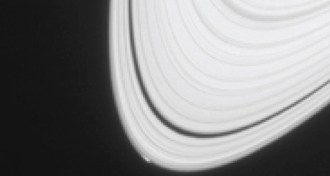 Planetary Science
Planetary ScienceSaturn may be getting a new moon
An icy object within Saturn's rings may be a new moon in the making.
-
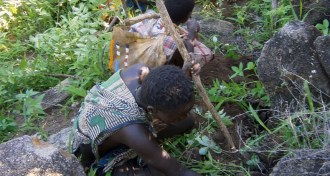 Genetics
GeneticsModern hunter-gatherers’ guts host distinct microbes
A healthy collection of gut bacteria depends on the environment in which people live and their lifestyle, research shows.
-
 Health & Medicine
Health & MedicineHepatitis C treatment appears extremely effective
A mix of four medications has provided the most effective way to date to counter the hepatitis C virus in humans.
-
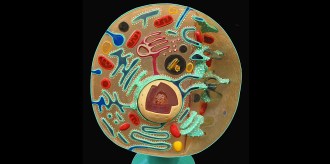 Life
LifeHow cells keep from popping
The protein SWELL1 stops cells from swelling so much that they burst, a new study shows.
-
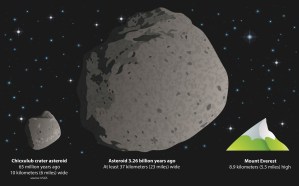 Earth
EarthHuge space rock rattled Earth 3 billion years ago
An asteroid almost as wide as Rhode Island may have plowed into Earth 3.26 billion years ago, leaving its mark in South Africa’s Barberton greenstone belt.
-
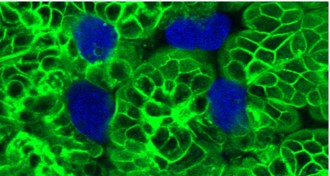 Life
LifeAmoebas’ munching may cause diarrheal disease
Amoebas biting and swallowing pieces of human cells may be what causes amebic dysentery, a potentially fatal diarrheal disease in the developing world.
-
 Quantum Physics
Quantum PhysicsSmall step taken for quantum communication
A single atom can change the state of a photon, which may help build quantum networks.
-
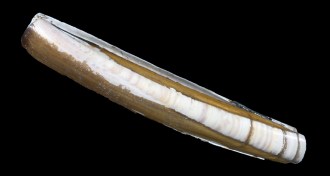 Tech
TechAtlantic razor clam inspires robot to dig deeper
A robot digs using the same method as the Atlantic razor clam.
-
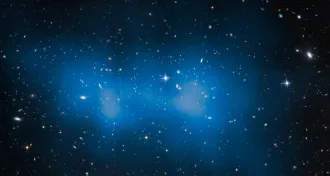 Astronomy
AstronomyEl Gordo galaxy cluster as hefty as 3 million billion suns
The galaxy cluster El Gordo, which is Spanish for “the fat one," is roughly 43 percent more massive than earlier estimates.
-
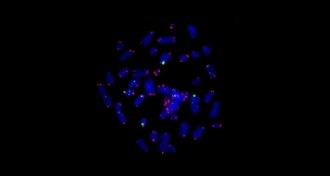 Health & Medicine
Health & MedicineChanges in kids’ genomes linked to chronic stress
In a study of 40 nine-year-old boys, kids from underprivileged backgrounds had telomeres that were 19 percent shorter than those of boys from more privileged environments.
-
 Physics
PhysicsMeet Big Bird, highest-energy neutrino ever detected
Big Bird, the neutrino, struck the Antarctic ice with a record 2 million billion electron volts of energy.
-
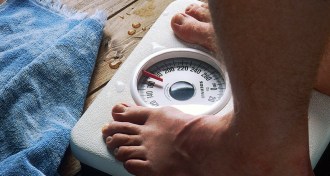 Humans
HumansFather’s obesity linked to autism in children
A father-to-be’s body mass may be a greater risk factor for his child’s development of autism than the body mass of the mother.